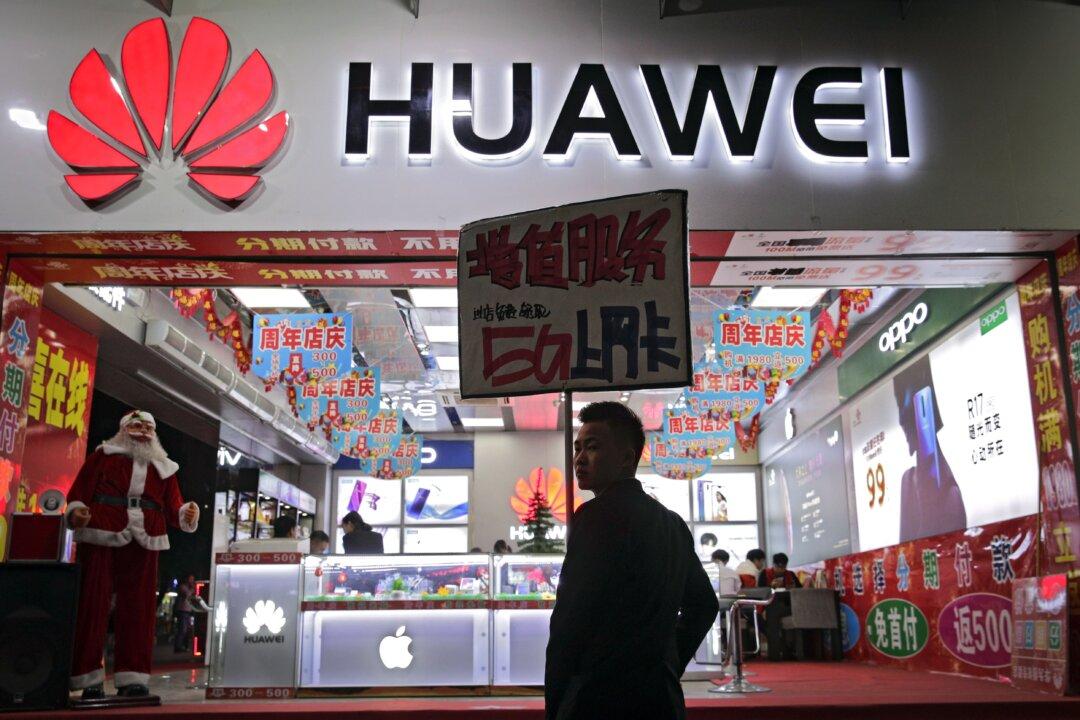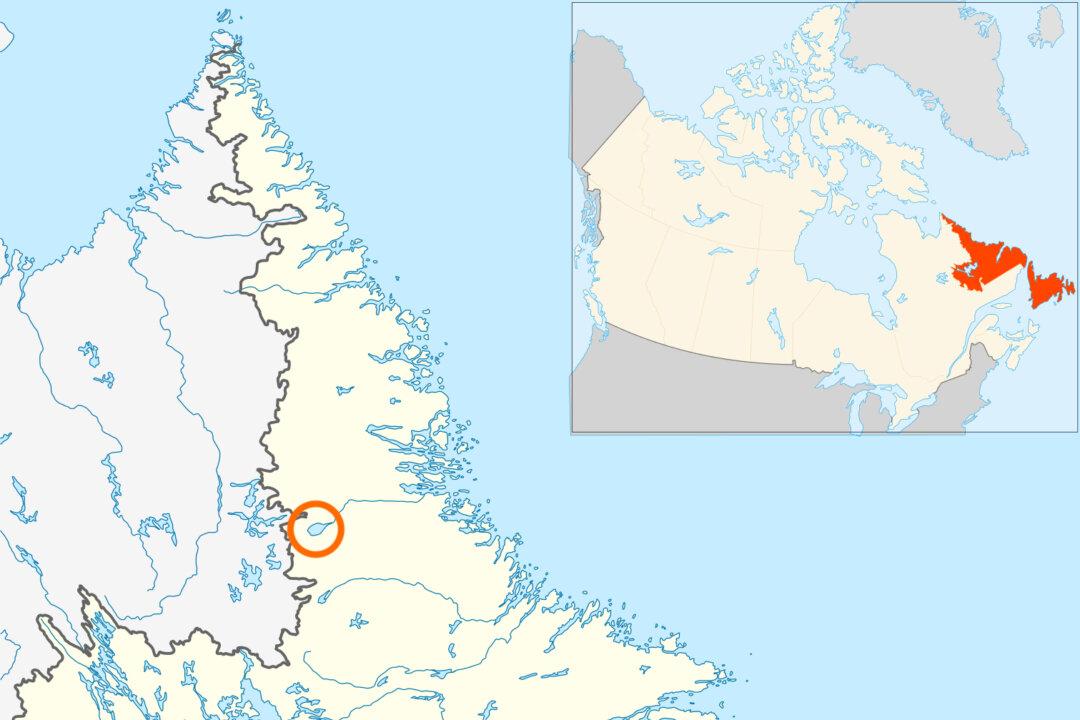Amid increasing scrutiny of Chinese telecommunications giant Huawei and growing cyberintelligence concerns, many countries are pondering whether—or how much—to involve the company in developing their 5G networks.
Canada still hasn’t decided. Public Safety Minister Ralph Goodale said this week that reports that Ottawa will ban Huawei from its 5G network are “speculation.”





